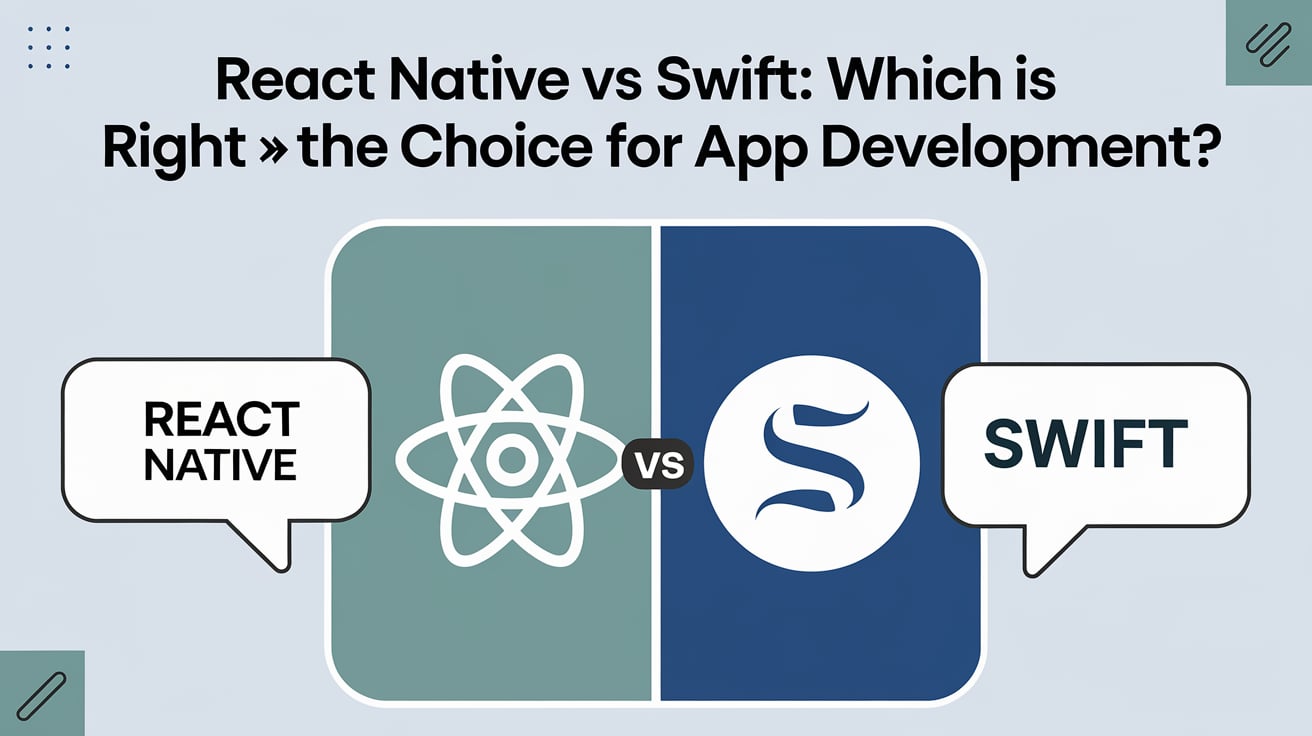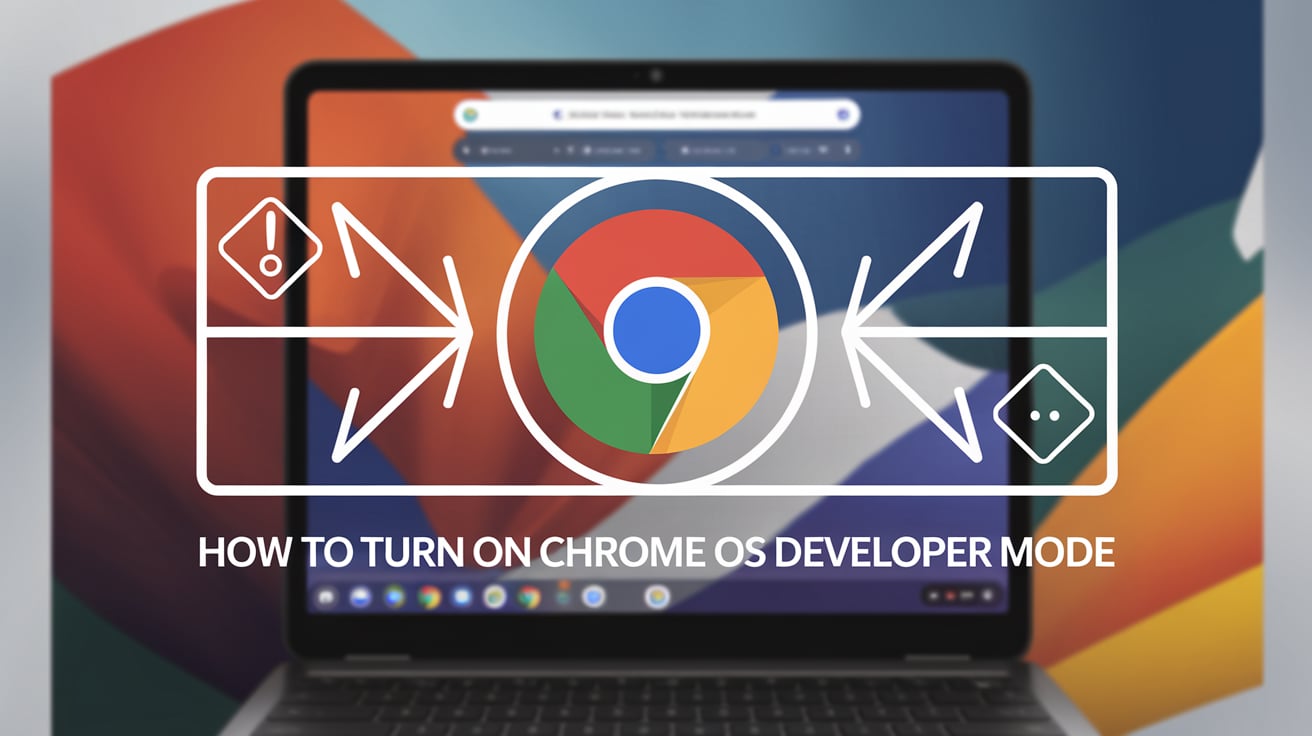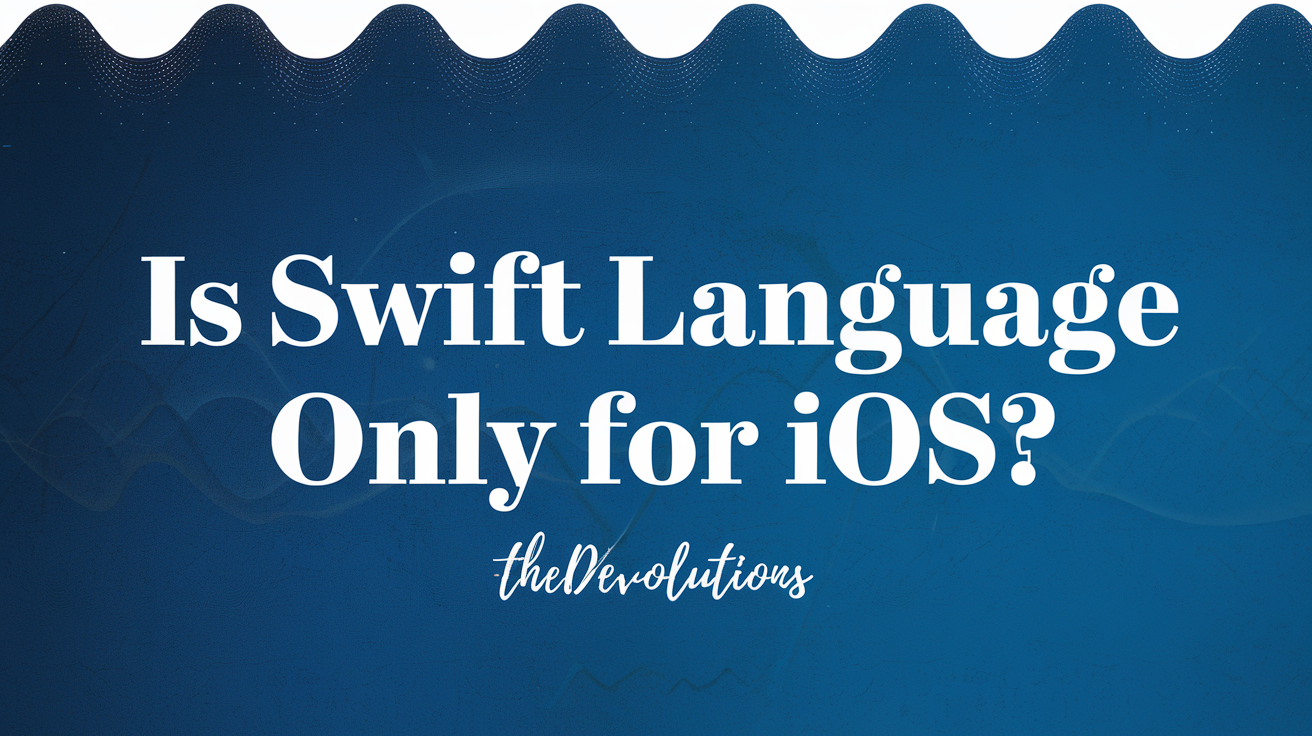What is React Native vs Swift
Saurabh Kumar - November 25, 2024, 10:27 AM

The mobile application development domain is challenging and fluid. Developers are always debating the most appropriate tools and frameworks to deploy. Two of the best options are React Native and Swift, with an independent survey of 90,000 developers in 2023, by StackOverflow, putting the figures at 8.43% for React Native and 4.1% for Swift, in terms of usage. They are strong, though they differ in their functionality and application area. In this article, we will understand the visualizations, compare and contrast them, and get a clear idea about recommendations on which to apply in a particular project.
What is React Native?
React Native is an open-source software developed specifically by Facebook/Meta platforms. It enables developers to create phone applications with JavaScript and incorporate User Interfaces with the React library. React Native has interactive characteristics, mainly the company’s ability to manufacture apps for both iOS and Android with equivalent code.
React Native follows the Cross-Platform Applications strategy which is a “once written and run anywhere” approach. It translates JavaScript code to native components which makes the application look almost more native. Other ways are developers can also take the benefit of the pre-built libraries and third-party plugins which saves much time.
Key Features of React Native
● Cross-Platform Development: The same application evidenced by mobile applications can be used in the iOS and Android environments from a single code.
● Hot Reloading: Developers can have the ability to view changes in the app during development while not requiring the app to start all over again.
● Rich Ecosystem: The availability of several pre-built components and libraries means that the development process is quicker.
● Community Support: React Native is an open-source framework for building mobile applications hence it has a large circle of people working on it.
What is Swift?
Swift is a high-level programming language developed by Apple for developing iOS, macOS, watchOS, and tvOS applications. It came out in 2014 and ousted Objective-C as the major language used in iOS app creation. Swift is fast, safe, and very concise and it has quickly become developers' favorite to build native apps.
Now let’s consider strengths: Swift is a language exclusive to Apple’s environment. Applications that are developed in Swift are known to be optimized and advanced to be utilized on iOS, features such as ARKit & Metal.
Key Features of Swift
● Native Performance: Since Swift is the developing language that is native to Apple devices, the apps return incredible performance.
● Safety Features: Swift’s syntax contributes to improving the probability of making mistakes, including optional typing and automatic memory allocation.
● Scalability: It can also support immense user traffic thus it is ideal for defining scalable solutions.
● Rich Frameworks: Due to Swift being written in an OBJ-C style, apple developers can easily incorporate frameworks like Core Data and UIKit.
React Native vs Swift - Detailed Comparison
|
Criteria |
React Native |
Swift |
|
Platform |
Cross-platform (iOS and Android) |
Close to Apple’s ecosystem |
|
Performance |
Near-native but not as optimized |
Superior performance with great coding |
|
Development Speed |
Faster due to reusable codebase |
Slower because separate apps are required for each platform |
|
Cost |
Less Cost for cross-platform apps |
Higher costs for iOS-exclusive apps |
|
Community Support |
Large and active community |
Strong Apple developer community |
|
UI Flexibility |
Limited to libraries and third-party tools |
High flexibility with custom designs |
Execution Time
Execution is one of the main criteria that can influence the choice in favor of React Native or Swift. The main aspect of developing apps with React Native is that it translates JavaScript code into native components so there is a small app lag time compared with applications that use Swift. For example, applications with a lot of animations or that need real-time processing like games are programmed in Swift.
However, it is found that React Native's overall performance is satisfactory for general apps. It performs best in cases where establishing growth and resource economy replace extreme accuracy in analysis.
Development Time and Cost
When it comes to the issue of development time and cost for the application React Native wins the comparison. But they both use a central code bringing down the effort made in making and supporting applications for iOS and Android. This makes it better for new businesses and any other business that is operating on a small capital.
In comparison to Swift, it needs individual coding for both iOS and Android (if a programmer aims at both platforms). Although this helps achieve and optimize the end product by developing two distinct apps for each platform it is time-consuming and thus expensive.
Interface with Platform-specific Aspects
Swift has the upper hand regarding platform-specific integration. In other words, different types of integrations needed for applications are indeed supported. Some features like Face ID, Augmented Reality toolkit ARKit, and Intelligent Assistant SiriKit are inherent to Apple environments and are more effectively supported using Swift variants.
React Native has a mechanism to access certain platform functions through a third-party library or native module but this step tends to be a bit of a process separate from the React Native language and involves work on the native side of the app, using the platform’s native development language, such as Swift on iOS, and possibly needing a programmer with some basic knowledge of that language.
Developer Productivity
React Native can be called an asset to the developers because it allows code reuse between different platforms. Functionality makes a great difference when debugging because it helps teams build on and improve an app rather than having to struggle to get it to run correctly on different platforms.
However, when it comes to Swift, iOS and Android projects need their codebase which tends to affect the momentum. However, due to its simplicity, Swift has fewer chances for error compared to more options during development. It is a much safer language in the long run.
UX/UI Customization
The customers decide the success of an app solely by the user experience, which makes the UI/UX highly adaptive. Swift is more suitable for iOS applications that need more customization or work with specific qualities of iOS platforms. Thanks to the native context, SwiftUI and UIKit help to create interfaces that stand out from the rest.
When Can a Developer Use React Native?
React Native is ideal for projects that:
● Both iOS and Android require attendance.
● Have a limited budget and deadlines are tight.
For example, we can say React Native is a good choice for social media apps, eCommerce platforms, or MVPs (Minimum Viable Products) where a fast market path is important.
When to Use Swift?
● Swift is better if an application targets only Apple devices.
● Those require high levels of performance and deep integration into iOS-specific features.
● Scenarios in which security and scalability are critical, such as financial or healthcare apps.
Popular applications like WhatsApp (iOS version) and Uber for iOS are developed with Swift since they take full advantage of native capabilities and performance.
Hybrid Solution - Can They Coexist?
Sometimes developers put React Native and Swift together to make the most effective toolset. For example, the whole app can be mainly built in React Native which can ensure cross-platform compatibility, while performance-intensive or iOS-specific parts should be coded in Swift.
Such a mixed version seems not insignificant but is flexible to developers who need things differently.
Wrapping Up
Choosing React Native vs Swift depends on the specific requirements of your project. React Native is a compelling choice for startups and businesses aiming for cross-platform compatibility without a hefty price tag. Its reusable codebase and vast community support make it a developer favorite for rapid app development. Swift is the most common of all when it comes to native iOS development. Being fast and highly scalable, it easily integrates with the Apple ecosystem making it the number one platform for premium iOS-only apps.
At TheDevolutions, we help you select the right tools and frameworks and solve the React Native vs Swift in alignment with your business requirements. When you hire our developers on a subscription basis you get the best pool of global talent at your services at affordable ranges without adding in-house expenses in forming a team.
Connect with our team to kickstart your digital transformation journey.






